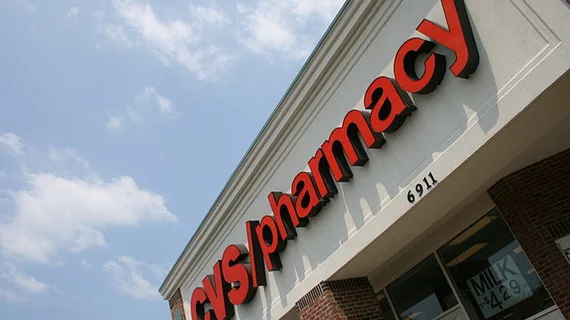Following Aetna integration, CVS earnings soar 35% in first quarter report
CVS Health, fresh off a $69 billion takeover of health insurance giant Aetna, saw its revenues increase 34.8% to $61.6 billion during the first quarter of 2019, according to a May 1st earnings report. In addition, net income rose 43%, to $1.4 billion, from the previous year.
The earnings report comes after CVS Health advanced its integration efforts with Aetna, despite an ongoing review in the courts of the deal, which was approved by the Department of Justice in late 2018. The first quarter report also comes after CVS shares plummeted 30% in late March.
The revenue increase was supported in part by growth in the pharmacy services and healthcare benefits segment of the company, including Medicare Advantage and retail pharmacy, as well as operations realignment, CVS Health CEO Larry Merlo said during a quarterly earnings call with analysts Wednesday.
CVS is also on track to exceed its initial target of $750 million in synergies from the integration of Aetna in 2020, according to Merlo.
“While the synergies are important, the CVS-Aetna combination is about bringing to market new approaches to health care delivery and management,” Merlo said.
With Aetna under its belt, CVS introduced a new store concept at the start of 2018. Three Houston stores began a pilot test of CVS’ HealthHUB concept, which operates community health services within CVS locations. According to Merlo, CVS plans to expand the HealthHUB model throughout the Houston market.
Despite the rising revenues, a federal judge overseeing the settlement of the merger between CVS and Aetna could potentially upset the deal. The DOJ has urged the judge to dismiss testimony of opponents of the deal, Bloomberg Law reported.

